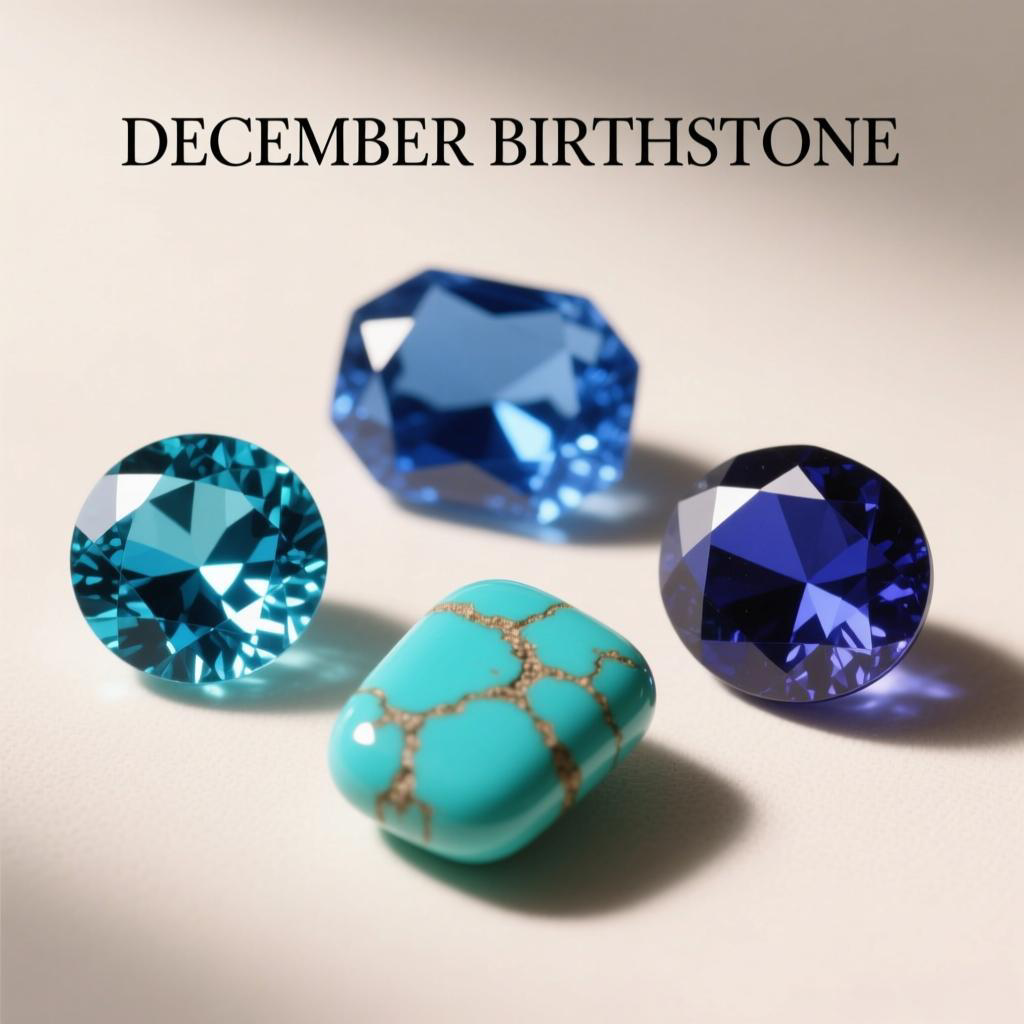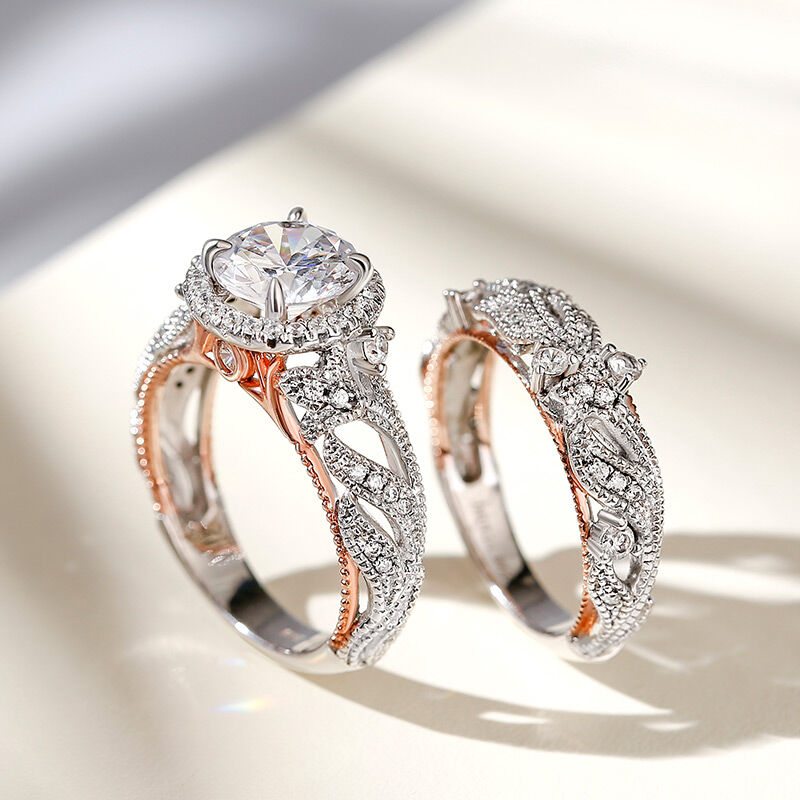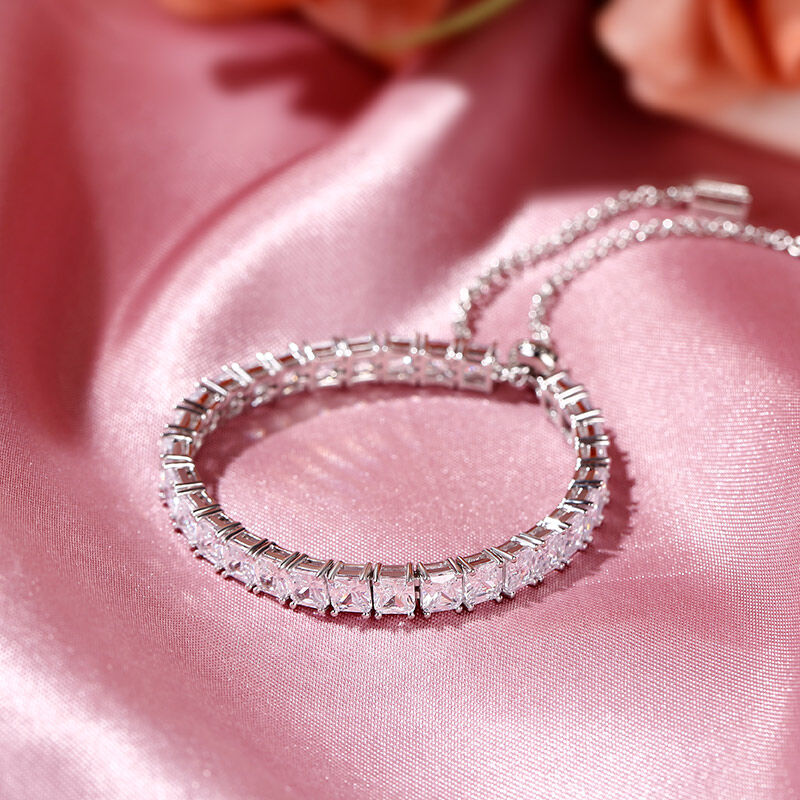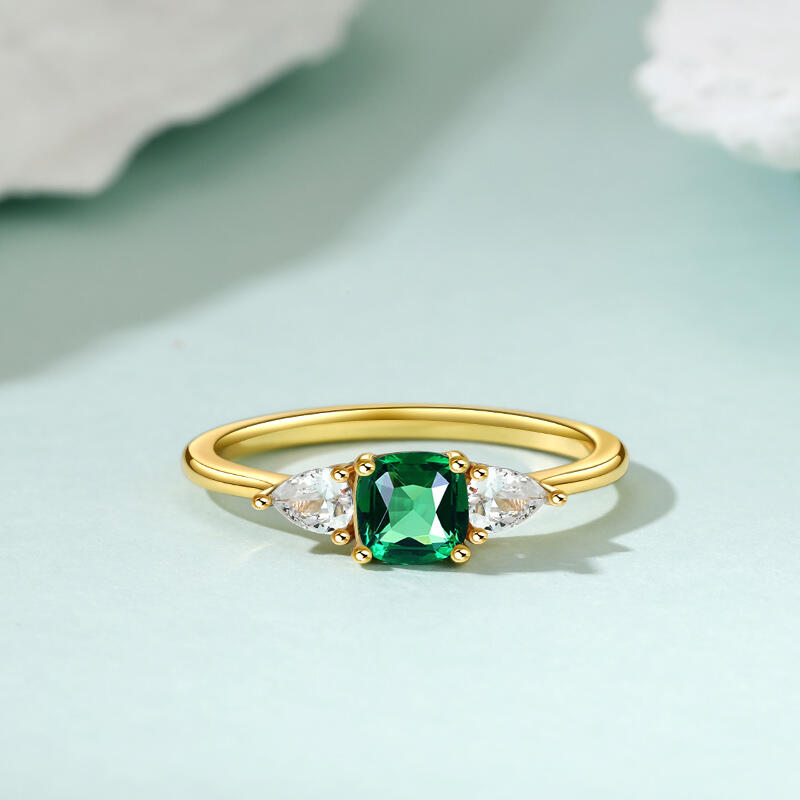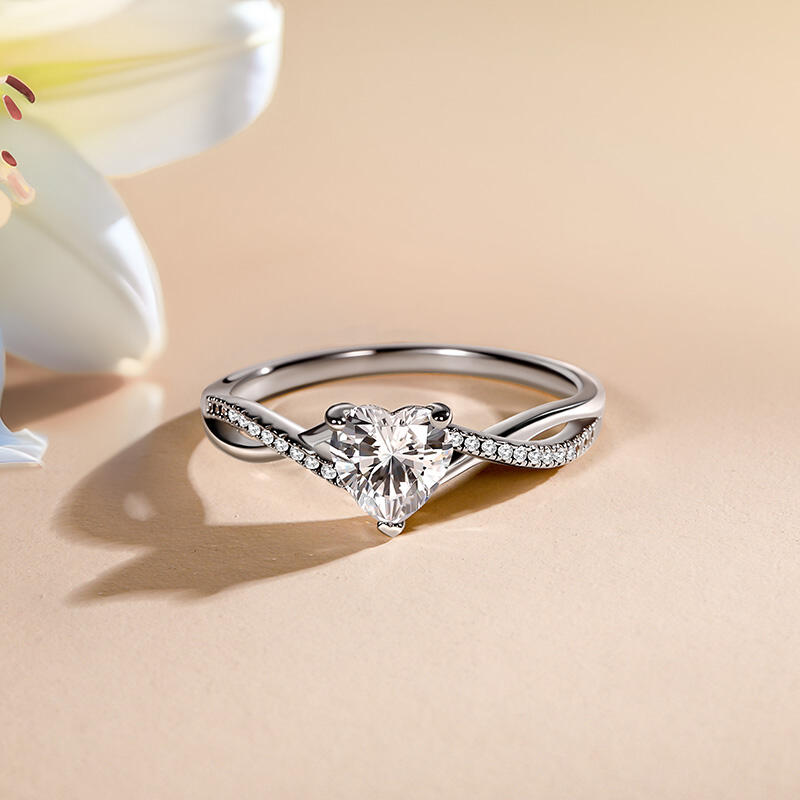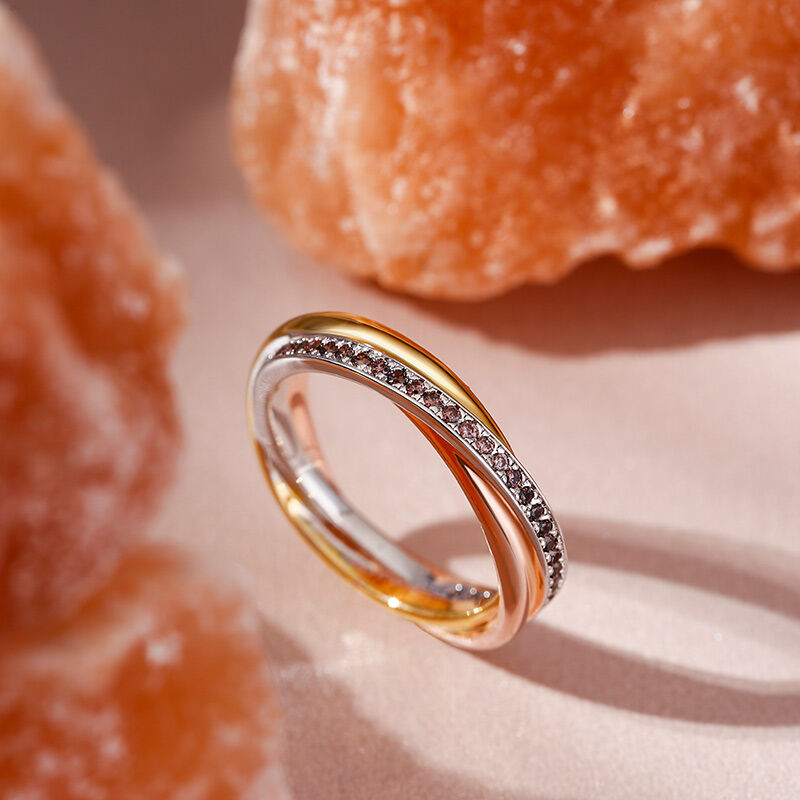Jeulia Best Seller
Jeulia is renowned for its diverse and distinctive aesthetic, and their best sellers perfectly showcase this range. From intricate vintage-inspired pieces adorned with delicate filigree to sleek, modern designs that exude contemporary elegance, there’s something to captivate every taste.
Timeless Classics: Many best sellers are elegant, understated pieces that complement any outfit and occasion, ensuring they remain relevant for years to come.
Bold Statements: For those who love to stand out, Jeulia’s top sellers often include unique designs featuring vibrant lab-created gemstones, complex motifs, and eye-catching silhouettes.
Nature-Inspired Wonders: Expect to find pieces that draw inspiration from the natural world – delicate floral patterns, graceful animal motifs, and organic shapes that bring a touch of the outdoors to your personal style.
One of Jeulia’s core philosophies is making luxury accessible. Their best sellers are a shining example of this commitment. You don’t have to compromise on design or quality to find a piece that fits your budget. This balance of affordability and elegance is a key reason why so many customers return to Jeulia time and again. It allows you to indulge in multiple pieces, mix and match, or find that perfect gift without breaking the bank.

